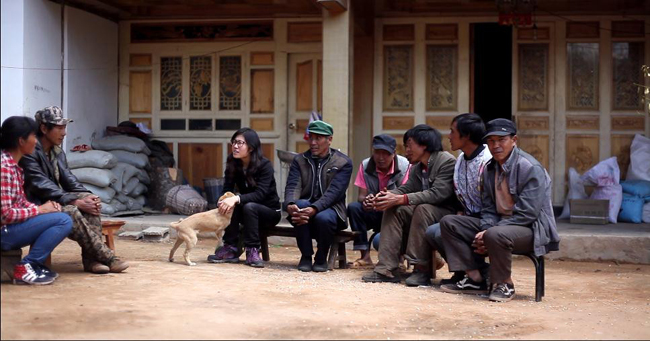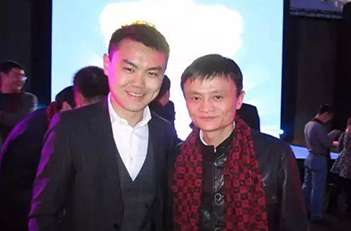Thowing myself into a countryside challenge
(Chinadaily.com.cn) Updated: 2015-06-29 15:24Editor's note: There was a time when only students in the West took a year off, also known as gap year, between their studies to explore the world, do volunteer work or take up any activity that they fancied. But now the phenomenon is spreading to countries such as China, too.
To understand why some students are taking time off from their studies and the challenges they face, we sat down with Duan Lingshuang, a graduate from Henan University, for a brief chat.
Here are the excerpts:
|
 |
|
Duan Lingshuang talks with locals in Yulong county, Lijiang, Southwest Yunnan province, May, 2015. |
Q: Could you tell us a bit about what your activities during the gap year?
A: Last summer I joined the “Xiaoying” or “Eagle Plan” Project of the Youcheng Foundation to experience first-hand the rural life before getting busy with a full-time job. I went to Qian Dongnan state in the east-western part of Guizhou province and met women who create traditional handcrafts. My journey also took me to Lao Junshan in the remote mountains where I discussed using technology to plant white kidney beans with farmers.
Q: What was the biggest obstacle you faced when you decided to take time off? How did you overcome it?
A: After graduation, many classmates were prepared to take a job. Facing fierce work competition, I worried about whether I could get a decent job after a gap year, but what made me more fearful was that it would be difficult for me to spare time having such experience because I needed to focus on work. Finally, I chose to delay working.
Q: What was your intention in taking a gap year? Did you have any support and understanding from your family or friends?
A: At the beginning of graduation, I was confused about my status among society; I had no idea about where my ability could be valued; what contributions I could make to society. I went to the remote village to find the answer. Fortunately, my parents are quite open-minded; they supported in my plan to know more about the world and didn't push me to make money. Moreover, my friends also encouraged me and give me faith; the only thing they worried about was my safety.
Q: What preparations did you make before you set out, including previous plans, financial preparations and times?
A: The “Xiaoying” Project planned to give me ¥1,200 a month living allowances, which was enough to cover the expenses of village work. It didn't bother me. Before setting out, I had prepared a lot of outdoor goods and bought many books on village work so that I could better understand what was required.











